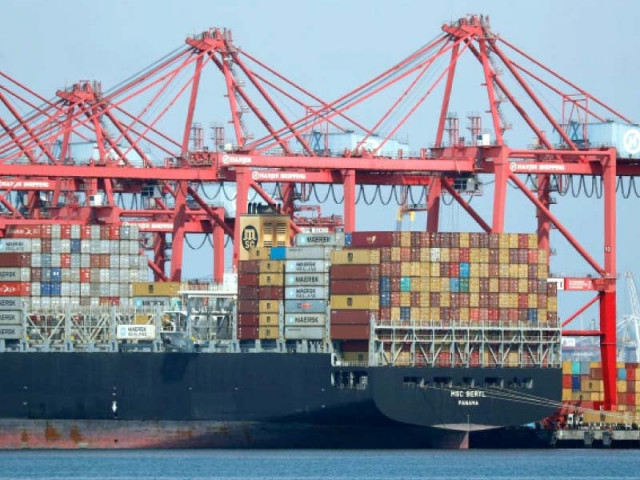Uncertainty grips economy on Imran’s arrest
Businessmen stress importance of proactive governance model

Uncertainty grips Pakistan’s business community as the domestic capital markets prepare to react on Monday following the arrest of Pakistan Tehreek-e-Insaaf (PTI) Chief Imran Khan, who was sentenced to a three-year term in the Toshakhana case by a court on Saturday.
Addressing a seminar titled ‘Opportunities and Challenges in Changing Geopolitical and Economical Landscape,’ organised by Habib Public School Alumni (HPSAA), prominent stockbroker and businessman Arif Habib stressed the imperative of political stability for economic growth. To achieve this, he proposed a hybrid model of government, wherein the establishment plays a proactive role rather than remaining neutral and entrusting decisions solely to politicians.
When questioned about potential investor reactions in the capital markets on Monday due to the evolving political scenario, Habib acknowledged the range of possible outcomes, stating they could be “neutral, negative or positive.”
Habib recounted the wisdom of a senior colleague who, after 50 years in the stock market, had amassed 50 experiences rather than a single 50-year-long experience.
Emphasising the need for “serious and sincere leadership” to extricate the nation from recurring financial and economic crises, Habib highlighted Pakistan’s lack of an ideal and genuine democracy. Given these circumstances, he advocated for the establishment to play a more active role in the interest of the domestic economy, rather than maintaining a neutral stance, as leaving everything to politicians had exacerbated the situation.
Habib shared that Chief of Army Staff General Asim Munir pledged to prioritise four key sectors of the economy: agriculture, mining, IT, and real-estate.
He underscored the eagerness of Middle Eastern friendly countries to invest in agriculture and mining, China’s readiness to contribute to the IT sector, and the consistent billions of dollars invested by overseas Pakistanis in the real-estate sector annually. Habib urged that this momentum continue, asserting that mining investments could bolster foreign exchange reserves, the IT sector could create jobs, and agricultural improvements could drive import substitution.
Topline Securities, CEO, Muhammad Sohail dispelled the notion that Pakistan’s current economic crisis is as dire as portrayed on social media. He compared the situation to the crisis of 1998-98, characterising the current state as relatively less severe.
Seminar host Zeeshan Merchant highlighted the significant reserves of copper, gold, and coal in Reko Diq and Thar. He estimated that these reserves could potentially earn the nation $10-12 billion annually over the next four decades, with coal reserves projected to suffice for 250 years.
Published in The Express Tribune, August 6th, 2023.
Like Business on Facebook, follow @TribuneBiz on Twitter to stay informed and join in the conversation.



















COMMENTS
Comments are moderated and generally will be posted if they are on-topic and not abusive.
For more information, please see our Comments FAQ